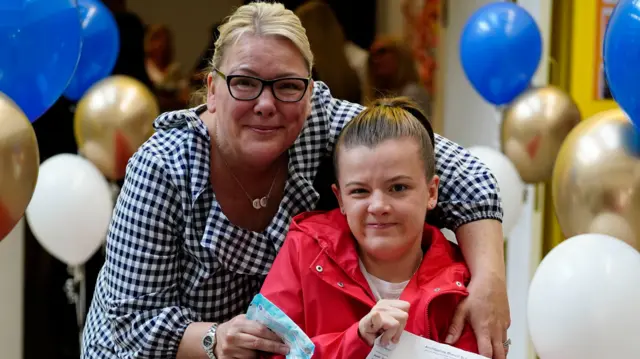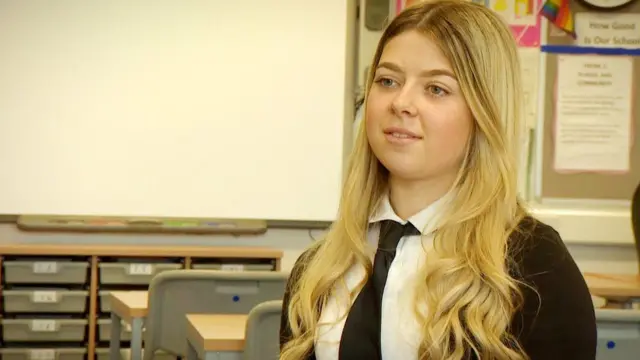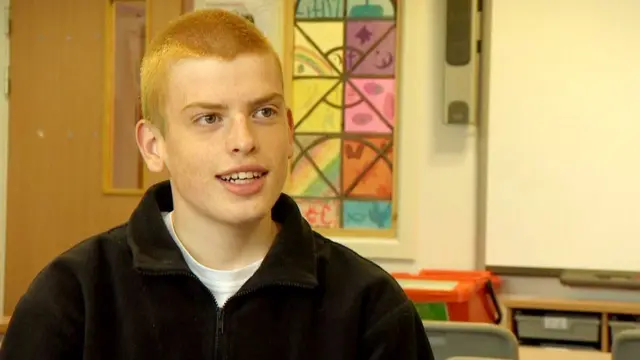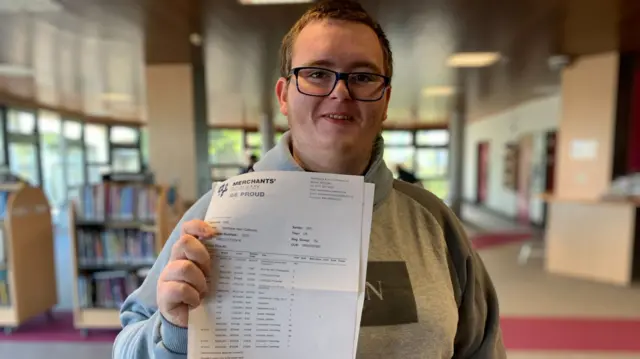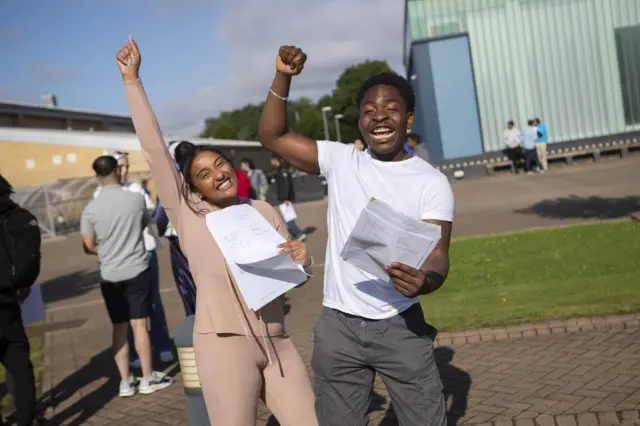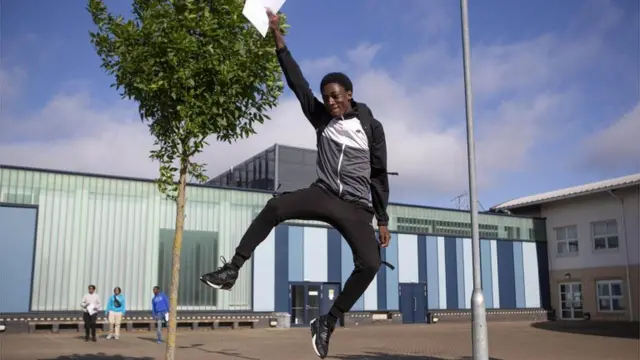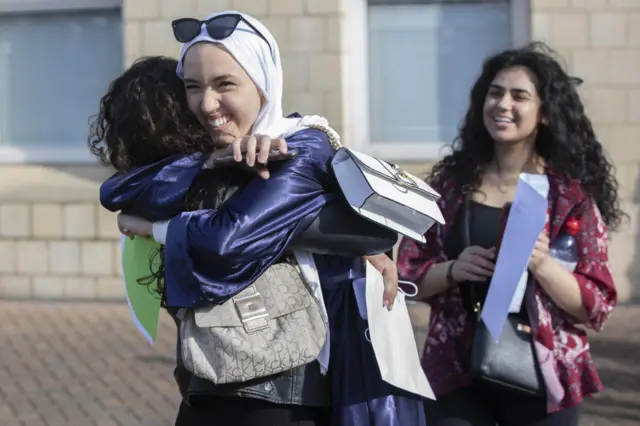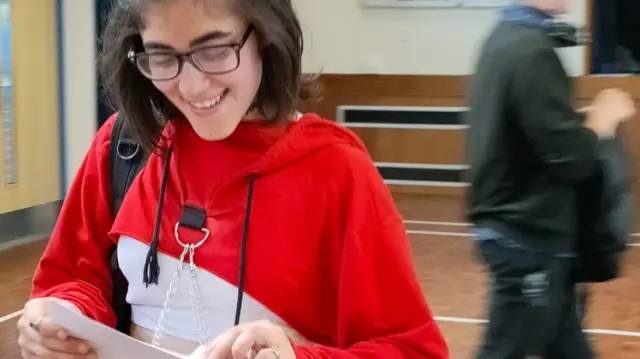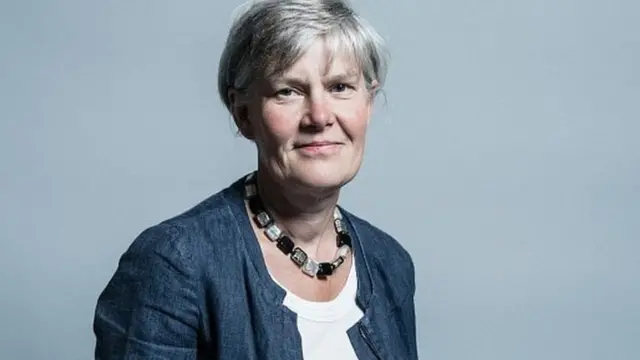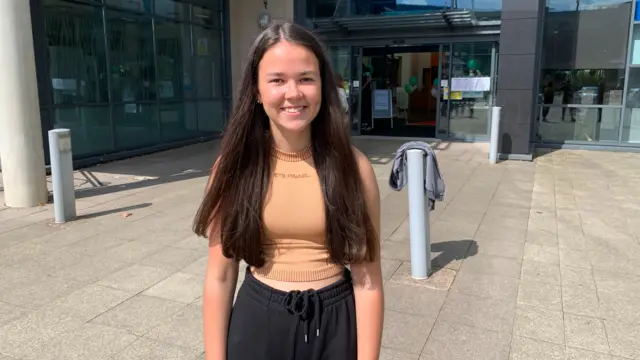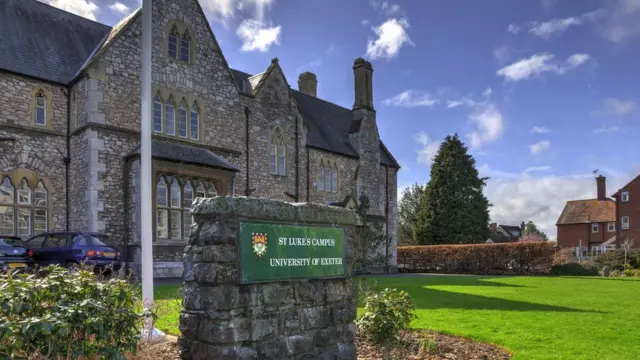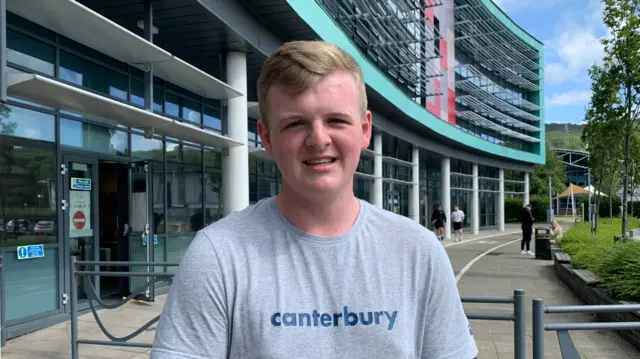Thanks for joining uspublished at 17:52 BST 10 August 2021
We're now closing our live page. Thank you for reading, sharing your exam result stories and putting questions to our experts.
There will be more coverage on Thursday, when pupils in England, Wales and Northern Ireland receive their GCSE results - which have also been graded using teachers' estimates, looking at various pieces of work and mock exams over the past year.
The live page writers today were Mary O'Connor, Alex Therrien and Eleanor Lawrie. The editors were Emma Harrison and Robert Corp.


